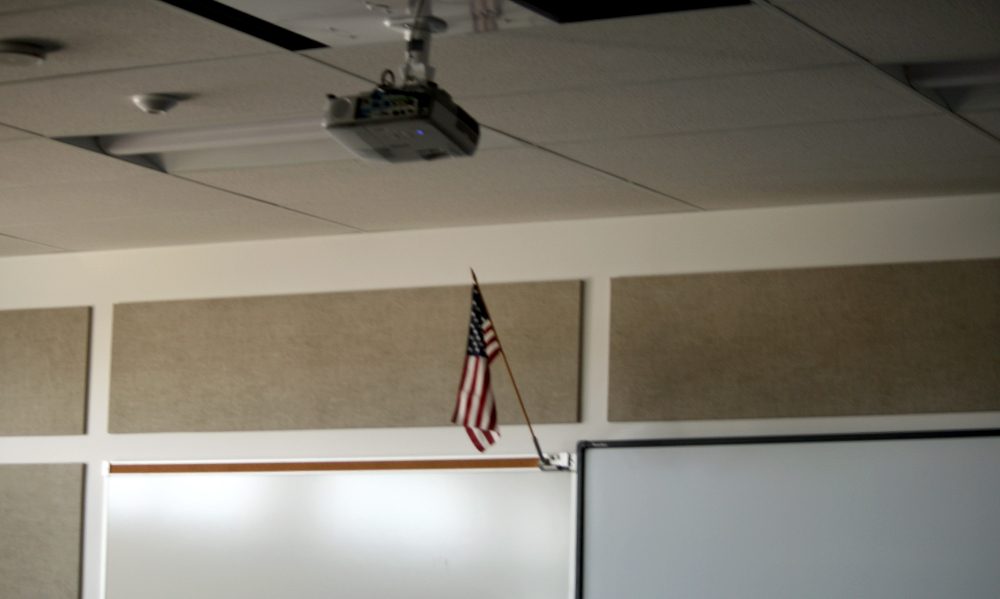
Sad news out of Florida was overshadowed this weekend by news out of Washington. Two teens who were survivors of the deadly shooting a year ago at a high school in Parkland died by suicide one day apart. They were high school students who apparently saw no hope. Suicide is no longer a topic to be cloaked in silence, for it is costing our country too many lives – from teens to veterans to the elderly.
We may never know why those Florida students killed themselves. But it’s not a topic as remote as it might seem. In Malheur County, six people on average take their lives by suicide, according to state data. Each death leaves questions and trauma for relatives, friends and co-workers.
The rate of suicide is higher in Oregon than in the country as a whole. One authority calculated that an Oregonian commits suicide every 12 hours. Every 12 hours. Among those aged 15 to 34, it is the second leading cause of death. One-fourth of suicides are by veterans. And men are nearly four times as likely to take their lives as women, indicating to experts that men remain resistant to admitting and seeking treatment for depression and other mental health issues.
Once, suicide was a taboo topic. As a society, we whispered about it if we talked about it at all. We made wrong assumptions about who kills themselves and why. Fortunately, research has straightened much of that out and also established that there are ways we can collectively help prevent suicides. Parents in Oregon and elsewhere of teens who have committed suicide are now openly talking about what happened in their families and beseeching the public and government officials to act.
In Salem, legislation is in the works to provide schools even more resources to deal with troubled students. The Oregon Health Authority is moving as well to do more to improve Oregon’s ability to confront what many in the health profession see as a growing crisis. Malheur County residents should encourage state Sen. Cliff Bentz and state Rep. Lynn Findley to support that legislation and needed funding.
Right here at home, one of the most significant steps any of us can take is to react to signs of trouble in a husband or wife, son or daughter, employee or employer. The experts advise that if someone mentions suicide, that we shouldn’t pretend we didn’t hear the remark or quickly move on. Stop. Ask. Be honest. Listening and being interested are essential. Then act. If the talk is serious, remove any lethal means for acting on the threat. Call for help and counsel yourself: What do I do?
Most of us may never have to confront that awful duty – trying to save someone from taking their own life. But as a community, we can ensure resources are there, the training is there, the support is there for those who face that duty. If nothing else, put these two telephone numbers in your cell phone:
Lifeways 24 Hour Crisis Line: 541-889-9167 (local resource)
National Suicide Prevention Line: 1-800-273-8255 (Oregon resource)
Use those numbers if you need help to help someone or give someone the number to call. One person at a time, we can arrest this alarming trend.
– LZ




